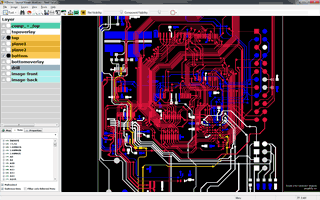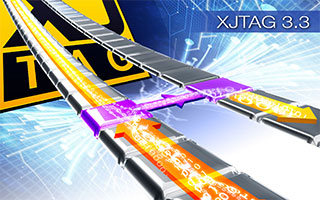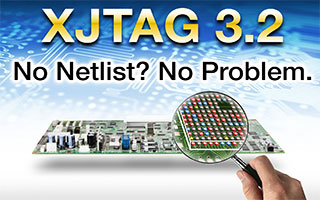Context menus in Layout Viewer
In version 3.3.7 of XJTAG we have added some new usability improvements to the Layout Viewer tool. You can now right-click on any net or component in Layout Viewer to get a list of options related to that specific object. […]




